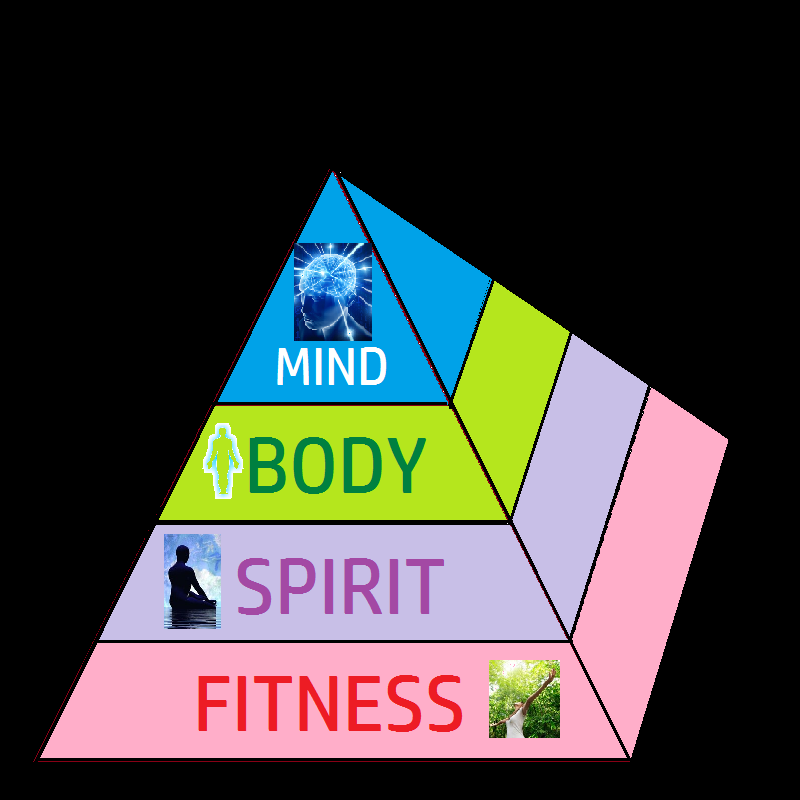Healthcare in Communities

Community Planet has a saying: “The solution for everything is the solution to anything.” We can show that whatever the challenge is, the Community model that we propose can address whatever the issue is. As an example, the Democratic candidates have had a few debates about healthcare. However, the scope of what they argued about just concerned how to cover costs of insuring everyone. However, as most of us know, everything is interconnected, so, to focus just on insurance to address healthcare is very shortsighted. To really reduce costs, we need to focus on wellness and what is causing costs.
As just one example, today, nationwide, seven in ten U.S. adults are overweight or obese and two in five obese. In 2018, obesity cost the U.S. economy $1.72 trillion dollars and had driven up health care costs by 29% due to heart disease, stroke, type 2 diabetes and certain types of cancer that are some of the leading causes of preventable, premature death. Another issue is the use of glyphosate by Big AG on our produce. Along with mercury and aluminum in vaccines (suggestion: if you choose to vaccinate, first insist on their disclosing all the ingredients), these metals and the glyphosate have been driving the incidence of autism from one in several thousand towards a projected one in three in the next decade. (As a suggestion, stop consuming anything with wheat in it unless it’s organic, as most all non-organic wheat products have glyphosate.)
And, while obesity and illnesses due to glyphosate consumption are just two of many preventable healthcare issues, none of the candidates offered real interconnected solutions, which would involve a much-needed health awareness revolution. With 3.5 trillion/yr. now being spent on chronic diseases, we don’t have a healthcare system, we have a sick care system.
We can do far better in the Community healthcare that we describe in chapter 4 of The Next Evolution. There we describe healthcare under the “How do we nourish ourselves” and How do we vitalize ourselves” subchapters. In our Community model, the healthcare is free, and, because the current everyone-for-themselves model is so inefficient, we can eliminate 85% of the jobs with our Highest Good For All economic system. That frees up time for more exercise, more nurturing play and creativity time, less stress, and more education when it comes to truly taking care of ourselves. That’s preventative healthcare, and that’s what we need.
Right now, it’s hard for most people to get nourishing foods. Because our soils have been depleted and poisoned by toxic pesticides, we not only need all organic growing but also regenerative ag where we bring the soil back to life so the foods can be nutritious again. None of the candidates talked about that and the devastating effect that has had on illness and driving up costs. Yet, in our Community model, we can grow the most nutritious food—and it’s all free for the residents because we share the ownership of the Community.
Also, as well as focusing on preventative healthcare, our centers will provide more than just traditional western medicine. For instance, there have been cures for many illnesses, including cancer, for many decades. But, with Big Pharma in control, these have been suppressed, and we can have access to those treatments. Community healthcare practitioners will also offer education and support so that all our community residents can be as healthy—physically, mentally, and emotionally—as possible. In our model with our Hub support system (described in chapter 4), it would be virtually impossible for anyone’s mental health issues to exist without immediate recognition and treatment. For more details on how the Community would address healthcare see this excerpt from The Next Evolution. (click here)
One of the practitioners we love is Zach Bush, MD because he understands the links between wellness and the environment. In this inspiring podcast (click here), Zach (whose research findings are discussed in an earlier blog “Cutting Edge Research Shows: Human Health is about Connection, Communication and Community” (click here ) elaborates on the relationship between our exacerbating health issues, the enormous and unsustainable cost of our current system, the toxicity in our environment, and current unproductive farming methods. Zach then elucidates how we can effect change in all of these through a focus on “regeneration” in farming methods and on the consciousness we hold to create this transformation.

